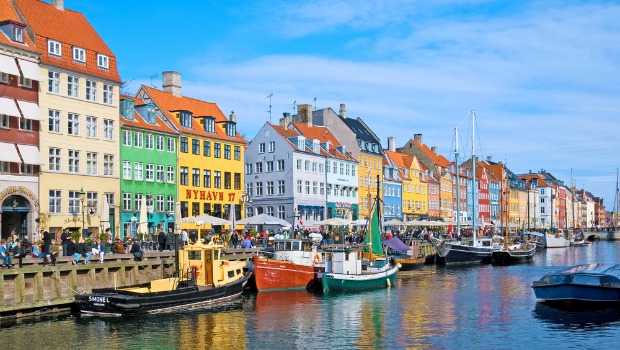5 Secrets to a Happy Morning
Midway through Monday mornings, the drama in my house starts to escalate to near-hysteria. The 4-year-old is melting down because she didn't get to choose her own outfit; the 18-month-old is getting into the magic markers; the 6-year-old tries to do some homework but can’t find a pencil.Adults fare no better. My husband is getting antsy because he needs to get to work 10 minutes ago but is waiting for me, while I’m still in the shower after dealing with aforementioned 18-month-old.It's no wonder that by the time the last child is tucked into school, I breathe a sigh of relief, feeling like I've just caught the last flight home from a war zone.Not all days are this rough; Mondays certainly have a rawness that comes with the transition between relaxed weekend and hectic week. But over the years I have learned five key things that will get anybody's morning off to a happier start:1. Make time for quiet contemplationI know it seems counterintuitive when we are already pressed for time, but 10 minutes of mindfulness or exercise most mornings will make everything start more smoothly. For some people it's 10 minutes of meditation, for others, quiet time for prayer, and others still, a run through the park. Yes, you probably have to get up earlier, but give it a try for a week and you’ll see what a difference it makes.2.Go to sleep earlier the night beforeI know, I know, evenings are when we unwind—often the only time of day when we don't feel like we're running from one thing to the next. And yet, sometimes that last hour of staying up is a little gratuitous. If you find yourself dragging in the late afternoon, consider skipping a TV show in favor of extra Z’s. Your body will thank you.3.Identify things that unhinge you and do them the night beforeHave you noticed a consistent morning time-suck? Perhaps it's packing lunches, finding a presentable outfit, or helping your kid gather her sports gear.Whatever it is, chances are pretty good you can get it done more efficiently if you take care of it the night before, leaving you to focus on those things that genuinely need to happen in the morning.4.Get the kids with the programI'm not above making a good bribe if it means cooperative kids and peace among all the family members. Do you have a kid who drags her heels getting dressed? She can watch a show or play outside if she gets ready with enough time to spare. The oldest who wakes up early? He can help get breakfast for his younger siblings.5. Make yourself an excellent breakfastThis last is my favorite, since it's all about creating a pleasurable moment in the midst of a hectic morning.What makes for an excellent breakfast? If a cup of coffee and a bowl of bran cereal sounds good to you, you’re good to go. But I prefer something a little more substantial—and delicious.Really good bread, toasted and slathered with mashed avocado, salt, and pepper gives you a boost of protein to start your day. A scrambled egg with cheese and a buttered whole-wheat English muffin does the same. A bowl thick with real oatmeal, drizzled with some deep dark maple syrup and a pat of salty butter—what could be better?Lesley Porcelli is a freelance writer living in New York. She was formerly an editor at Gourmet magazine.
Read More









